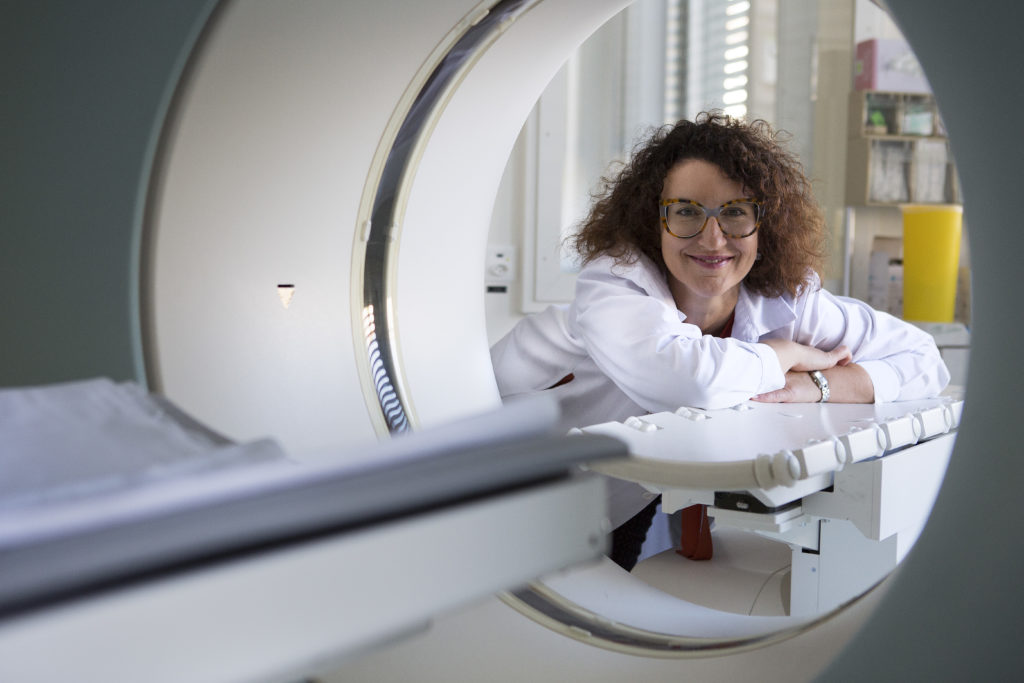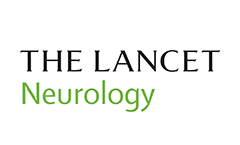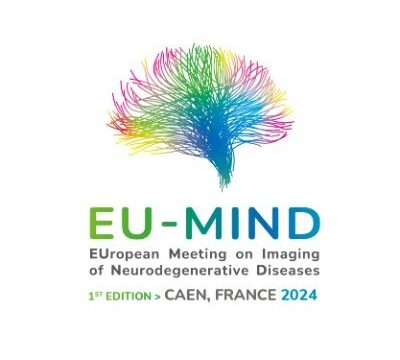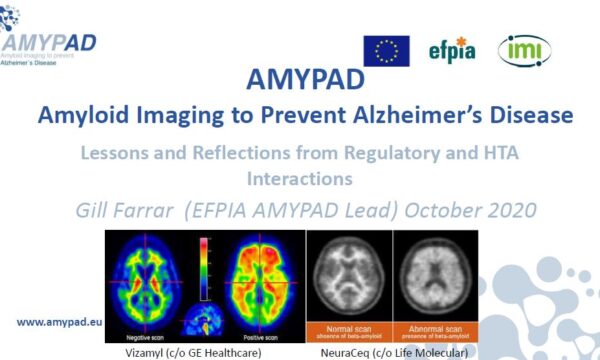Could you tell us a bit about your work and your current role on AMYPAD?
I am a nuclear medicine specialist and I have a long standing collaboration with Prof. Giovanni Frisoni, as we both work in Geneva and we have a common passion, understanding what happens in the brain with aging and why some individuals develop neurodegenerative disorders. Giovanni is the head of the memory center in the University Hospitals of Geneva and refers patients as well as study participants to our nuclear medicine division, where we perform PET, for diagnostic purposes and within clinical research studies. Thus, I had the opportunity to contribute to AMYPAD since the very beginning, as Giovanni is one of the initiators of the AMYPAD project and principal investigator of the AMYPAD Diagnostic and Management Study (DPMS).
What is your overall vision?
AMYPAD is a great project: through the very large dataset collected with a prospective and randomized design, we are building evidence of the highest level on amyloid PET. Not only this: the project has consolidated and enlarged a network of experts and centers excellence on various dimensions, from methodological aspects to clinical impact and ethical implications. So, beyond the scientific results and many publications that the AMYPAD project has and is still producing, there is the creation of a diverse and multidisciplinary “AMYPAD community” that will last and continue moving the field forward, I am sure of it.
What do you find most challenging about the project?
Clinical trials require a very high level of quality control and assurance at every step to produce solid and reliable data. The most challenging exercise in trials that are strongly connected with the clinical practice, as AMYPAD, is to bridge the rigid structure of a trial and the inherent variability and personalization that exists in clinical practice. The exercise is even more complex for the diagnosis and evaluation of neurodegenerative conditions, as our knowledge of the disease process is still partial and there is a lack of evidence-based recommendations, and this is also why studies as AMYPAD are most needed.



